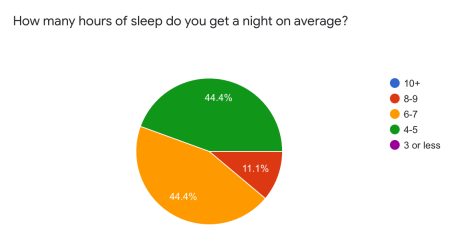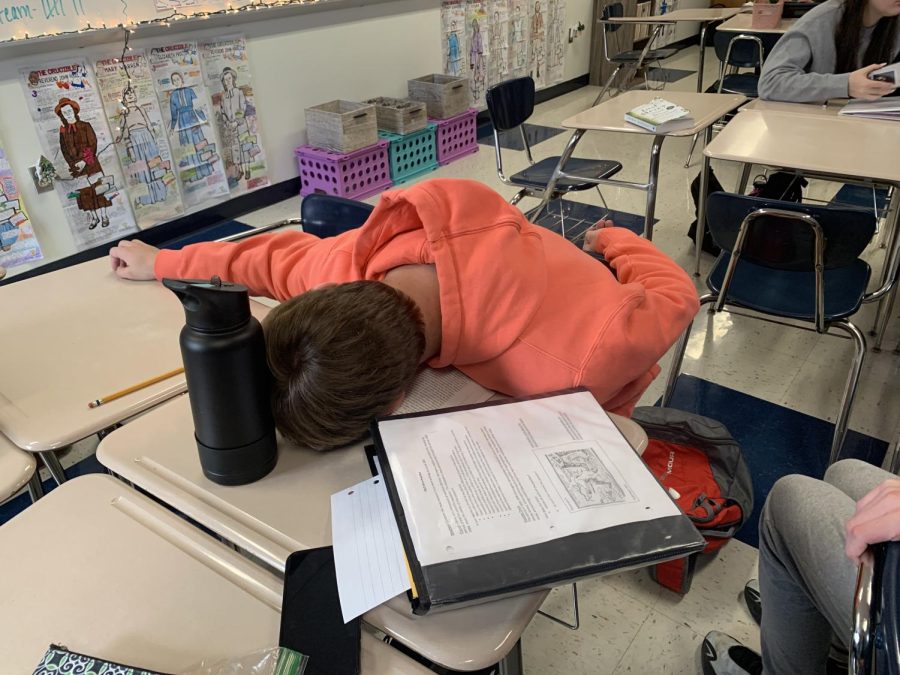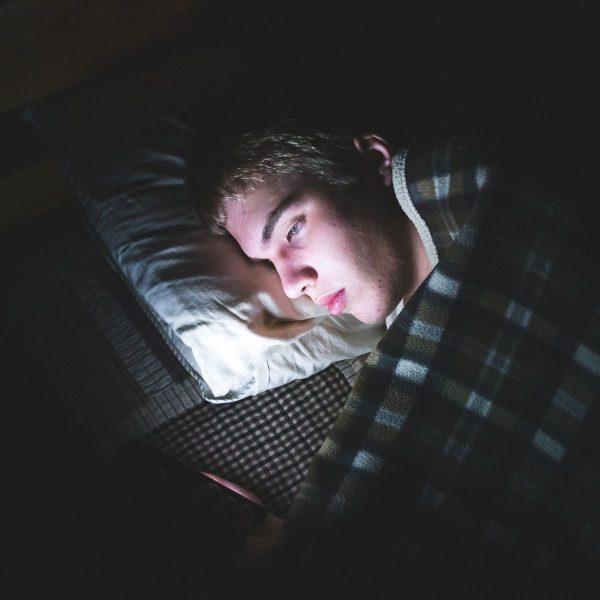Schooling and Sleep
How does the amount of sleep a student gets effect their performance in school?
According to Dr. Merrill Mitler, a sleep expert and neuroscientist at NIH, “When you’re tired, you can’t function at your best. Sleep helps you think more clearly, have quicker reflexes and focus better.“ The importance of sleep may be obvious to some people, but according to the American Academy of Sleep Medicine (AASM), 73 percent of high school students do not get enough sleep.
Whether it be because of sports, jobs, homework, or after-school clubs, it is difficult for the modern-day student to stay on top of their work and participate in after-school activities. Being involved in many activities results in students’ sleep paying the price, as students have to stay up later to get all their homework done.
“Too little sleep causes the loss of concentration, and can lead to memory impairment and compromised physical performance,” said Mary Ellen Ferragonio, health and physical education teacher at Norwin.
Lack of sleep may be the reason that some students are not doing as well in school as they expect; showing up to school tired and exhausted often results in the student being unable to focus.
University of Pennsylvania researchers found in a 2008 study that subjects who were limited to only 4.5 hours of sleep a night for one week reported feeling more stressed, angry, sad, and mentally exhausted.
Research by the Center for Disease Control and Prevention showed that teenagers aged 13–18 years should sleep 8–10 hours per 24 hours. Clearly, high school students are not getting enough sleep to meet their body’s needs.
“Time management is definitely a factor,” said a Norwin student in a recent poll when asked why they don’t get enough sleep. “I’m not quitting the sports I love just because I’m not sleeping.”
When thinking about how students could have better time management, it is very hard for a student to be involved in things they are interested in and maintain steady grades while also having time to themselves.
In the same poll of students at Norwin High School, when asked about how many hours of sleep they get each night on average, 89% of students said that they get 7 or less hours of sleep. In research done by Sleep Foundation, it was found that this level of sleep can decrease attention, impair memory, slow thought processes, and reduce creativity.

Clearly, students can’t get enough sleep, resulting in all these symptoms. And clearly, if these students were at their best, they would have much improved grades and would feel better throughout the day. With all this said, the question has to be asked. How can students keep up with all their daily after-school activities, sports, jobs, outside interests, and homework all at the same time while also coming to school well-rested and in the best mental and physical state to learn?
In more research done by Sleep Foundation, it is recommended that schools start no earlier than 8:30 am, but as you may know, Norwin high school starts at 7:20. When students started at later times, it was found that they experienced improved attendance, better grades, fewer occurrences of falling asleep in class, and fewer disciplinary issues.
When countless students are falling asleep in class, missing school, and not getting nearly as good of grades as they could be, it is clear that the modern-day student cannot reach their maximum academic potential juggling homework, sports, clubs, jobs, and after school activities. It is clear something has to change. Either students have to give up activities that they love doing or schools have to start later.







